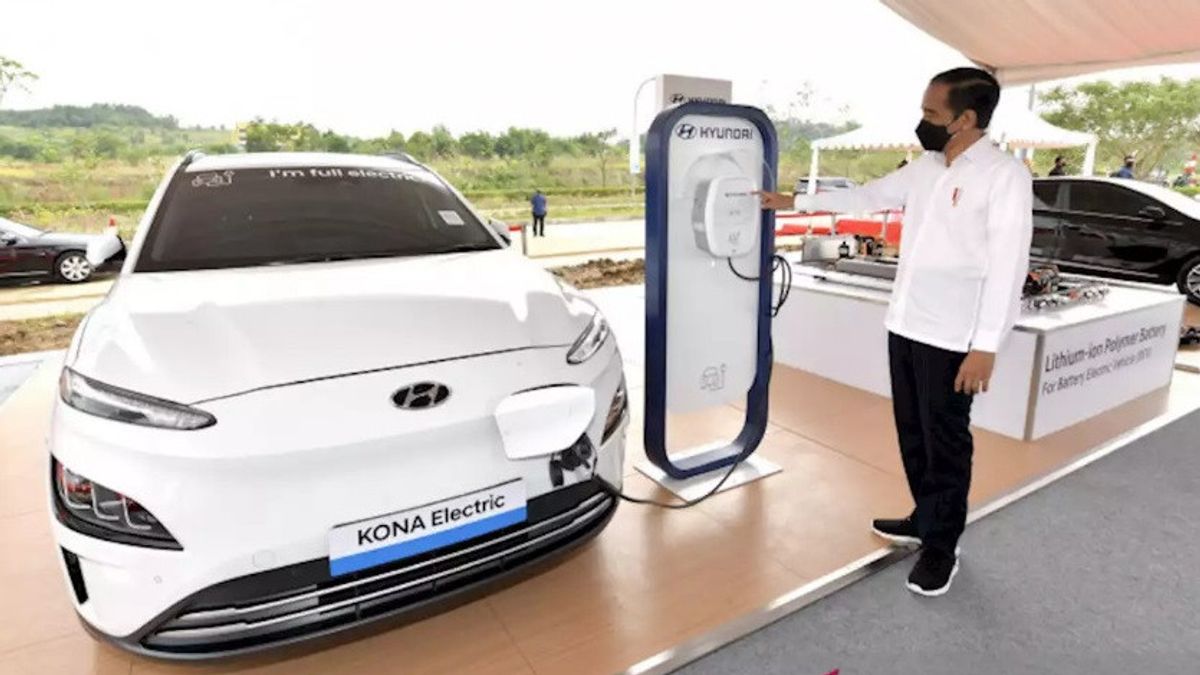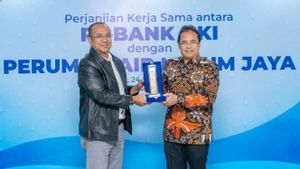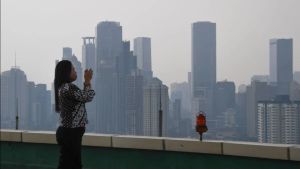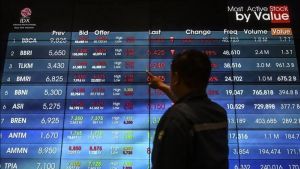JAKARTA - The government's reason for not providing certainty whether to continue or abolish the Luxury Sales Tax (PPnBM) incentives for cars for the 2022 period is slowly starting to emerge.
In a webinar, the Head of the Fiscal Policy Agency (BKF) of the Ministry of Finance, Febrio Kacaribu, revealed a number of facts that became the basis for why the government had not taken a stand on the fiscal facility for the automotive industry.
One of the main considerations is consistency with previous policies before the PPnBM discount applies during the pandemic. In his view, it is important for state administrators to maintain a comprehensive harmonization of regulations.
“We know that so far there has been an incentive program for low emission cars. Where for electric cars, we provide 0 percent PPnBM levy incentives. Then, if the emission increases, the car is subject to a tax of 3 percent to 15 percent. Now, what we have to maintain is consistency, lest when the economy recovers, there will be wrong policies," he said on Wednesday, January 13.
According to Febrio, the continuity of the regulations is very necessary to achieve the next target of interest. In fact, there is a desire from the government to maintain opportunities for the development of the automotive industry in the future, especially those that are oriented towards environmentally friendly principles.
“Because what we also want is to bring in investment for transportation and boost the economy. This is also a consideration," he said.
However, Sri Mulyani's subordinates ensured that the government would continue to open all options, including the extension of the PPnBM discount for new cars this year in order to achieve the best results for the national economy.
"But we are also trying to learn what the impact will be, because we know the impact (the PPnBM discount yesterday) is also positive for the economy. We are still studying this," he said.
As is known, the government provides exemption from tax levies on new cars for certain types in 2021. This step was taken as a strategy to leverage production activities amidst the pressures of the COVID-19 pandemic.
The automotive industry was chosen because it has a large supply chain and derivative industry, so a multiplier effect is expected. In addition, another reason that has been studied is the increase in third party fund deposits in banks, which are mostly owned by the wealthy.
For this reason, the government has set a strategy so that people can spur consumption through buying cars. This method is believed to help banks reduce the interest expense due to the accumulation of money in the form of deposits.
The English, Chinese, Japanese, Arabic, and French versions are automatically generated by the AI. So there may still be inaccuracies in translating, please always see Indonesian as our main language. (system supported by DigitalSiber.id)










